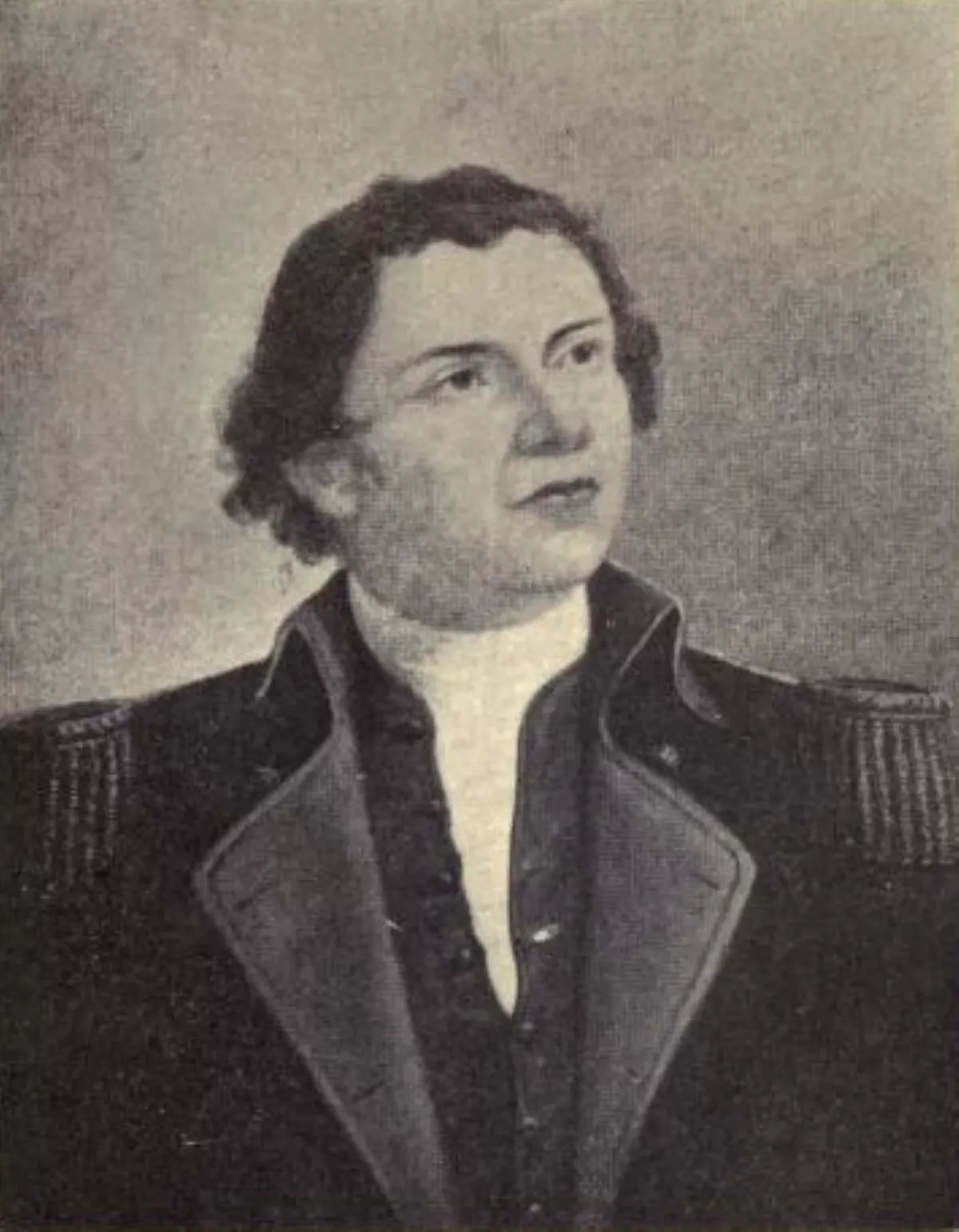 1.
1. Hugh Mercer was a Scottish brigadier general in the Continental Army during the American Revolutionary War.

 1.
1. Hugh Mercer was a Scottish brigadier general in the Continental Army during the American Revolutionary War.
Hugh Mercer fought in the New York and New Jersey campaign and was mortally wounded at the Battle of Princeton.
Hugh Mercer was born in Pitsligo, Aberdeenshire, Scotland, and studied medicine at the University of Aberdeen.
Hugh Mercer served as an assistant surgeon in Charles Edward Stuart's army during the Battle of Culloden in the Jacobite rising of 1745.
Hugh Mercer worked as a physician, and established an apothecary.
Hugh Mercer served alongside George Washington in the provincial troops during the French and Indian War, and he and Washington became close friends.
Hugh Mercer settled in Pennsylvaniva near Greencastle, now known as Mercersburg, and practiced medicine as a physician and apothecary for eight years.
In 1755, Hugh Mercer served as a captain in General Edward Braddock's army in his failed attempt to take Fort Duquesne.
Hugh Mercer was wounded in the arm during the battle and left behind in the scramble to retreat.
Hugh Mercer was able to rejoin his troops and continued to treat wounded soldiers.
Hugh Mercer named the settlement between the rivers "Pittsborough", modern Pittsburgh.
Hugh Mercer built a temporary fort during construction of Fort Pitt, informally known as "Hugh Mercer's Fort".
At the recommendation of Washington, Hugh Mercer moved to Fredericksburg, Virginia in 1760 to practice medicine after the war.
Hugh Mercer became a noted member and businessman in town, buying land and involving himself in local trade.
Hugh Mercer became a member of the Fredericksburg Masonic Lodge in 1767.
Hugh Mercer's apothecary in Fredericksburg, Virginia is a museum.
In 1774, George Washington sold Ferry Farm, his childhood home, to Hugh Mercer, who wanted to make this prized land into a town where he and his family would settle for the remainder of his days.
Hugh Mercer was placed in charge of a large troop of Pennsylvania Militia stationed in Paulus Hook, New Jersey to protect from potential attack from British troops in Staten Island.
Hugh Mercer was finally beaten to the ground, bayoneted seven times, and left for dead.
When he was found, Hugh Mercer was carried to the field hospital in the Thomas Clarke House, now a museum.
Hugh Mercer was initially interred in the Christ Church Burial Ground in Philadelphia.
Peale painted a version of Battle of Princeton, whose background shows a very indistinct portrait of Hugh Mercer being helped from the ground.
Famous direct descendants of Hugh Mercer were his grandson Virginia governor John Mercer Patton, his sons Confederate Lt.